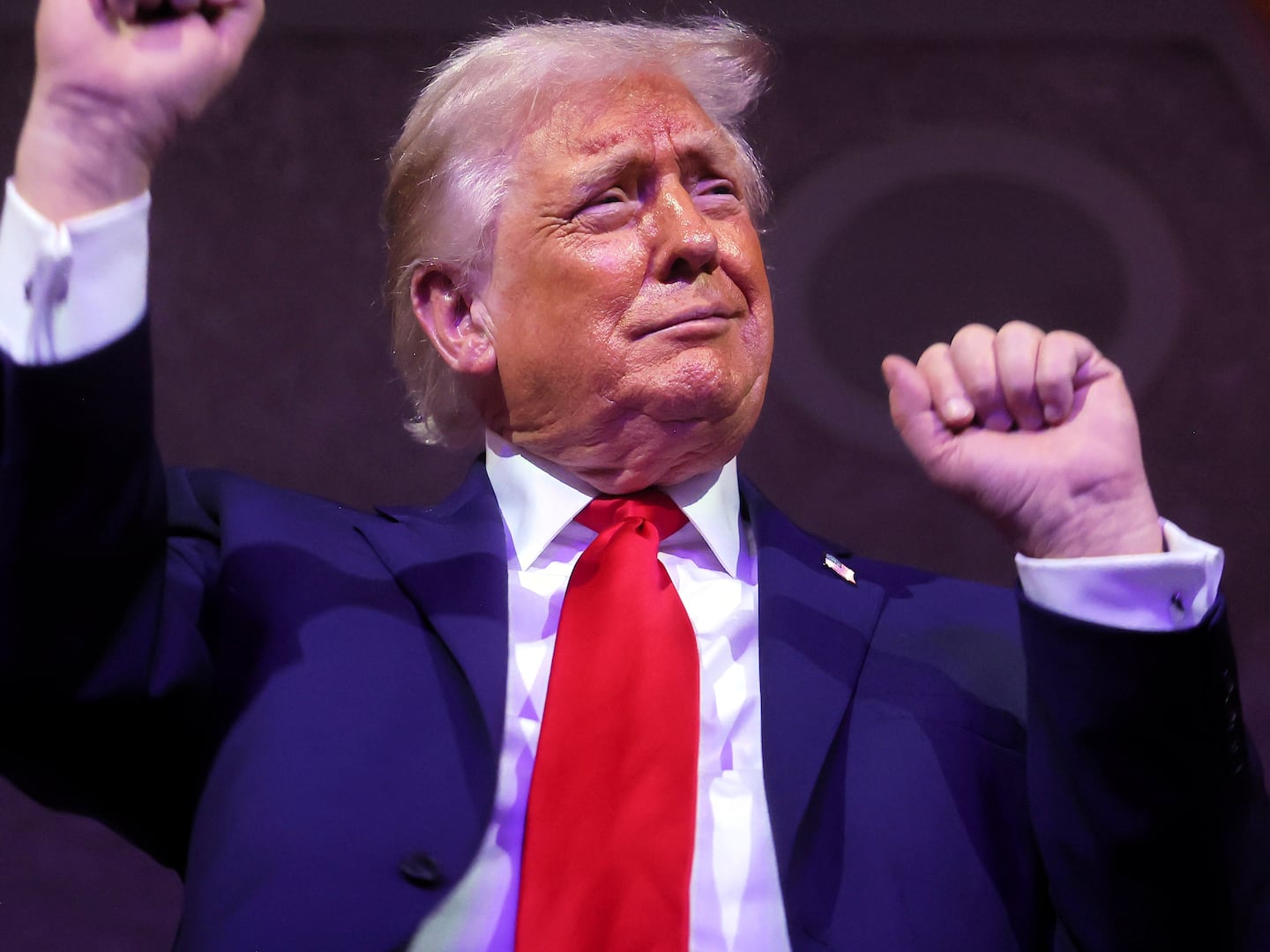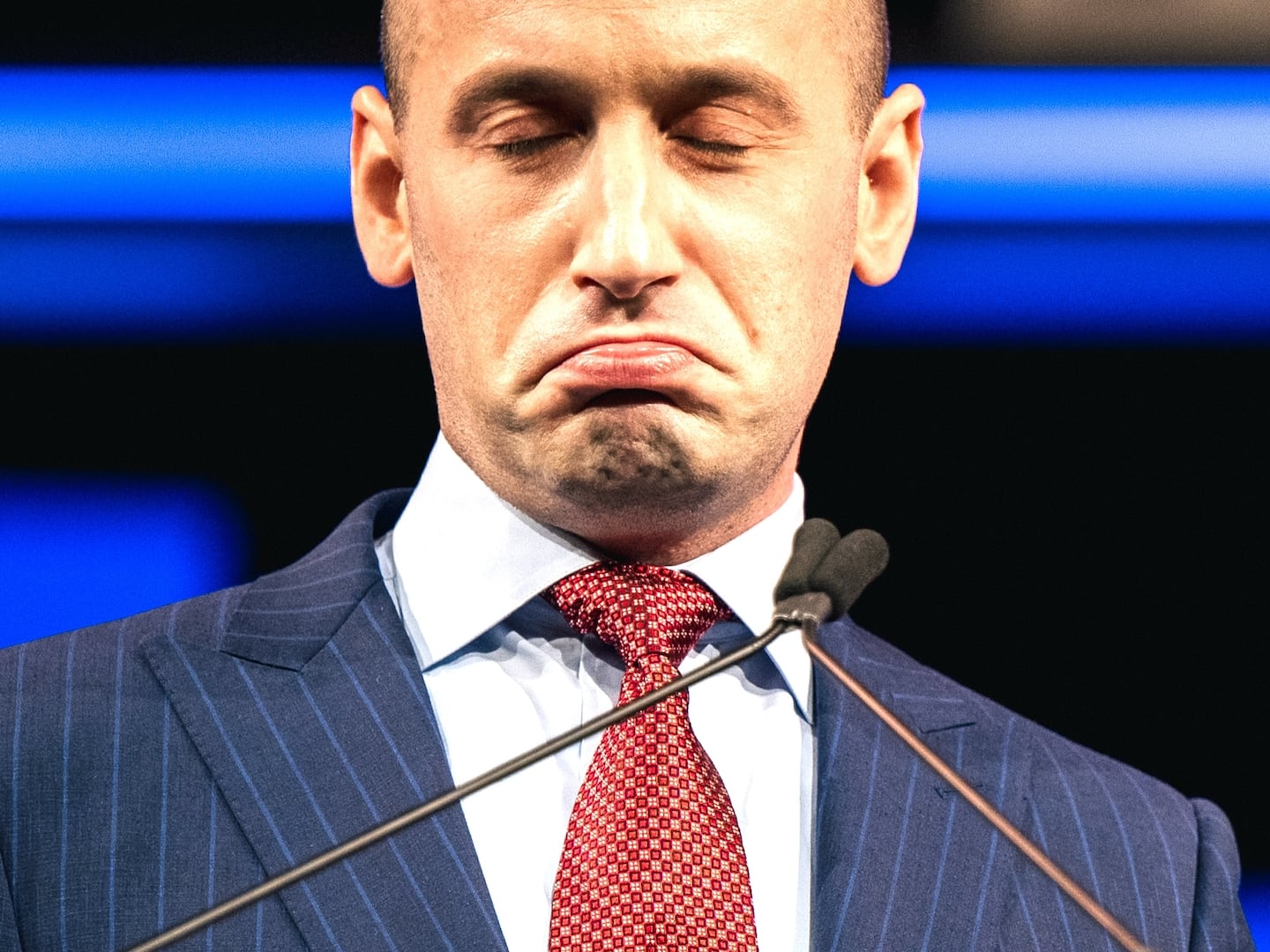Much has been written about the problem of President Donald Trump’s New Year’s tweets, but the fundamental problem is that a large part of a president’s job is be a rhetorical leader.
For this reason, even conservatives who were pleasantly surprised by Trump’s 2017 accomplishments (tax reform, judges, ISIS, the economy, etc.), must wrestle with the less tangible, but arguably more important, destruction of the social fabric and erosion of norms that Trump’s words and tweets have wrought.
“Don’t tell me,” as then-Senator Barack Obama declared, “words don’t matter. ‘I have a dream’ — just words? ‘We hold these truths to be self-evident, that all men are created equal’ — just words? ‘We have nothing to fear but fear itself’—just words? Just speeches?’”
(And, I might have added, “Tear down this wall!”)
If one is looking for a timely example of why a leaders’ words matter, look no further than the very good new film Darkest Hour about Winston Churchill. One quote about the former prime minister, which makes it into the film, observes that he “mobilized the English language and sent it into battle.”
A leader doesn’t have to be Demosthenes in order to be effective, but the point is that words have incredible power to create and destroy. Words can give us hope; words can depress and demoralize. Coming from a president, words can start wars, heal divisions, spark financial panics, or even help carry a troubled nation through a Great Depression.
The evangelicals who continue to support Trump should be especially familiar with this concept. In the Christian tradition, words literally have the power of life and death. Jesus is literally referred to as the Word (“The Word became flesh and made his dwelling among us.”) Words bring about miracles. God said, “Let there be light.” Jesus used words to dry up a fig tree. A centurion understood that his child could be healed if Jesus simply said so. Jesus told Lazarus to rise from the dead. Words matter.
For thousands of years, the written and spoken word elevated our reverence for language. Now, it seems, Twitter has provided the perfect platform for undermining the sanctity of words.
Case in point: Among the chattering classes, Trump’s Twitter antics evoked a sort of gallows humor that belied the deadly seriousness of his tweets (his comments about having a bigger nuclear button than North Korea’s leader being perhaps the most egregious).
Noting the reality show spectacle, the Washingtonian’s Elaina Plott observed: “Season 2 is lit.”
NPR host Sam Sanders asked: “Does threatening nuclear war on Twitter violate Twitter's terms of service?”
“I hope the President's nuke button is a different size, shape, and color from his big, red "BRING ME A COKE NOW" button or we're all really screwed,” joked conservative Erick Erickson.
Some have suggested that joking about Trump’s tweets might actually normalize them. There’s a fine line between laughing and crying, and it’s hard to blame people who are (a) forced to pay attention to politics and (b) essentially helpless to change the president’s erratic behavior for finding a coping mechanism.
Still, I can’t help wondering if this is all of a piece—the light side of the force and the dark side of the force, if you will. By being flippant in public, Trump and his adversaries are both engaging in a very postmodern trend.
This New Year, we should probably think more about the words we use. All of us.
A Tom Stoppard novel includes this observation: “I don't think writers are sacred, but words are. They deserve respect. If you get the right ones in the right order, you might nudge the world a little or make a poem that children will speak for you when you are dead.”
Donald Trump has broken lots of norms since being elected president, but arguably the most damaging one is that we have elected a profane and vulgar president who doesn’t treat words as sacred and consecrated.
And, I fear, his words could do more than just “nudge the world a little.”






